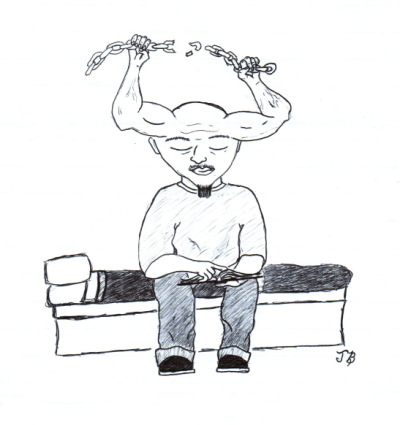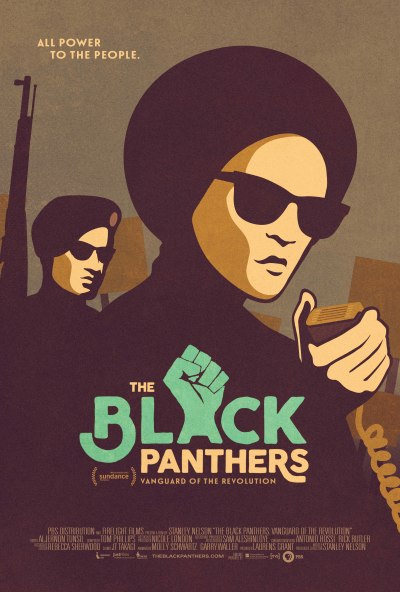
Book Review: Gringo Justice
by Alfredo Mirandé
University of Notre Dame Press, 1987, 261 pages
This book analyzes Chican@s under the U.S. criminal injustice system and exposes how the U.S. has used the kourts in order to solidify our national oppression.
This national oppression is traced from the 1800s and shows how the kourts have always been a major part of this oppression. Mirandé correctly notes how the difference between the “Treaty of Guadalupe Hidalgo” (which was supposed to codify Chican@s’ rights to homes and lands which many held for hundreds of years) and treaties between tribal nations and Amerika is that Chican@s never acquired sovereignty as a nation.
Mirandé notes how in the 1800s when Chican@s resisted oppression they were called “bandits” whereas when the oppressor nation resisted they were called “heroes.” I would add that today when Chican@s resist we are called “gang member”, “prison gang member” or “street terrorist” rather than the correct word: “revolutionary.”
I did learn some things, for example the Chican@ revolutionary Juan “Cheno” Cortina who rose up in Texas and occupied Brownsville actually proclaimed it the “Republic of the Rio Grande.” The fact that even in the 1800s Chican@s saw the reality of a Chican@ nation is a beautiful thing.
Mirandé talks about the barrioization and how “through isolation Chicanos became almost invisible.”(p. 29) Oddly even today some groups like RCP-USA continue this tradition where Chican@s are “invisible.” Just take a look at their newspaper, where in the last ten years the word “Chicano” has graced their pages around two times!
Entire chapters discuss the mistreatment of Chican@s by law enforcement, and although Chican@s are targeted by the pigs, solidifying our oppression, this will not be educational nor enlightening to Chican@s who experience it first hand. Perhaps non-Chican@s will get more from reading about it, or maybe Chican@s who have not yet connected this oppression to our existence under a colonizing force will be helped to connect the dots.
There is mention of “Chicano gangs” out in the street and in U.S. prisons which I found interesting, but the best part of this book was on the Chican@ nation as an internal colony. Starting on page 219 Mirandé lists 8 tenets of internal colony theory. I thinktenet 6 is most felt by prisoners. It is as follows: “The subordination of internally colonized groups is not only economic and political but cultural as well. The dominant group seeks to render their culture dependent and to eradicate their language, thereby facilitating control of the colonized group.”
The fact that in California prisons we can be validated as “prison gang members” for speaking certain Spanish words shows that prisons are a major tool in the internal colonization process.
Mirandé addresses Marxism, which relies on all the working class or “all workers against the capitalist class.” Ey states that Marxists oppose the “internal-colony” thesis. While this is certainly true for pseudo-Marxists and revisionists, Maoists today in the belly of the beast see national liberation as a necessary component in liberating today’s Chican@ nation. And even back in 1987, the most advanced Maoists already understood that the vast majority of workers within U.S. borders are not revolutionary. Perhaps Mirandé should check out contemporary Maoists within U.S. borders and see how it’s not just possible to uphold national liberation struggles and be communist but it’s necessary for today’s internal semi-colonies.
Those just learning about Chican@ national oppression will learn from this book and it will be enjoyable to others in making that link of oppression between the kourts and our nation.









